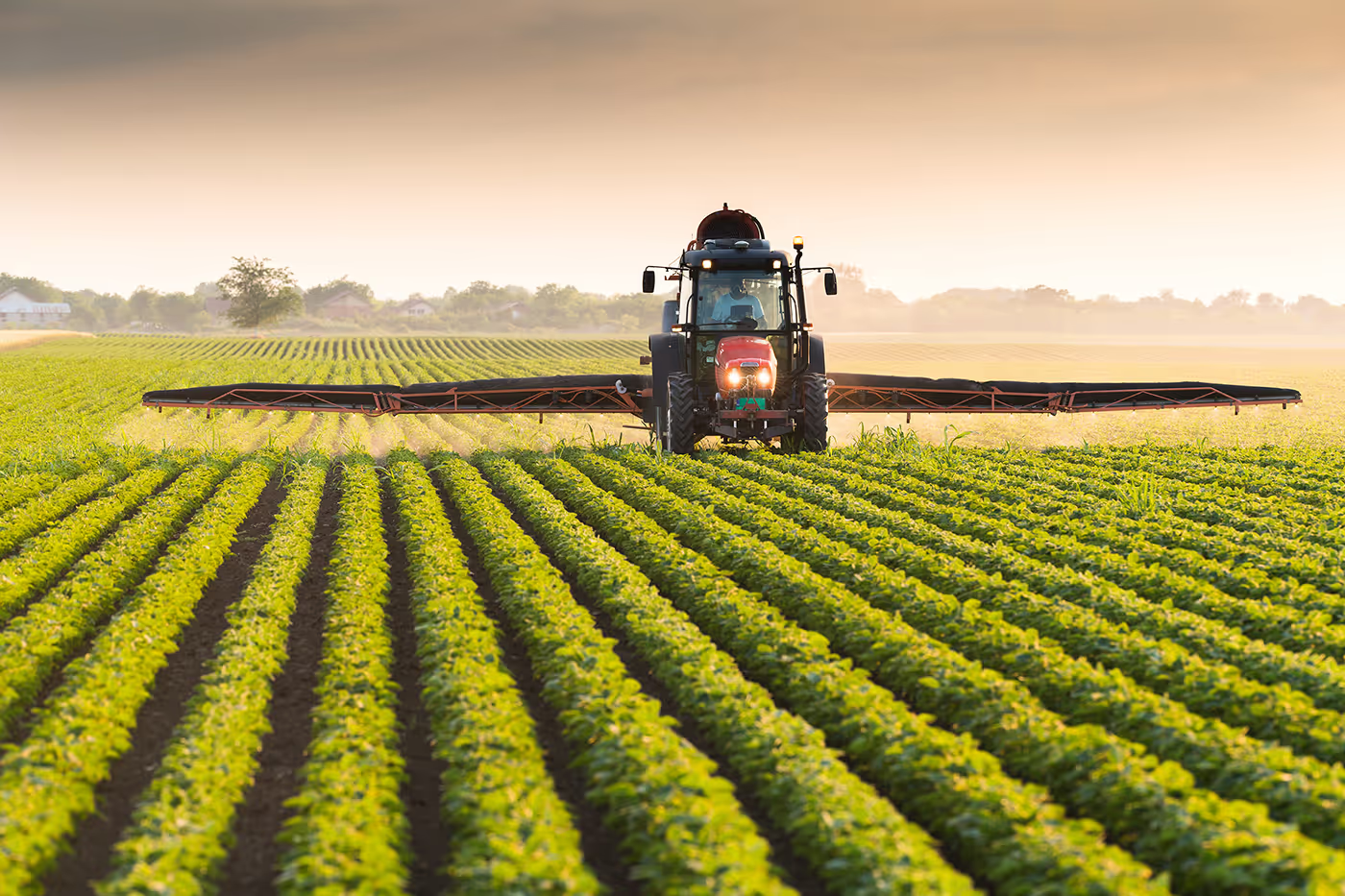Industry Insights
Counterfeit Crop-Protection Products
Monitoring Illicit Supply Chains Globally

In 2022, Brazil, the largest buyer of pesticides in the world, was set to seize record quantities of illegal pesticides, more than twice the volume of those seized in 2020. But Brazil is not unique in this; counterfeit pesticides are being uncovered everywhere, even in highly regulated markets like the US and EU. The trade in illicit pesticides is considered a low-risk, high-profit crime, and is therefore surging. The industry needs to step up its game.
Counterfeits significantly impact the crop industry, affecting farmers, consumers, and the overall sustainability of agricultural systems. It is essential to address these issues in order to safeguard farmers' livelihoods, ensure food safety, preserve environmental integrity, and maintain consumer trust.
How counterfeiting is impacting the crop industry
Damage to reputation and consumer trust
Decrease in value of genuine products
Food safety risks
Risks to human health
Lower crop yields, reduced seed quality, increased disease and pest pressure, potential loss of harvest
Harm to the environment and impediment to sustainable agriculture
Top pesticide exports (2017)
.png)
Estimated illegal pesticides per regional market (in percent)
Interactive Map, only showing regions with available data. Numbers might be a considerable underestimation.
OECD puts global revenue from illegal pesticides at $6-10 billion, making it one of the leading organized crime activities in the world.

Large seaports are major entry points for illicit pesticides into the EU
Sophisticated fakes are produced and distributed by organized illicit networks involved in the majority of illegal transborder shipments. Perpetrators employ methods like forging declarations, using unaccounted-for labels, sending shipments via transit countries, engaging in parallel imports, and shipping labels separately from the goods via different ports.
Collaboration among stakeholders and effective anti-counterfeiting measures are essential to combat this issue and safeguard the interests of all involved in the crop industry. The industry has already deployed global strategies to combat fakes, but counterfeiters are also adapting, making it necessary for companies to keep apace with robust anti-counterfeiting measures and new methods to protect the industry.

The crop protection industry is constantly evolving, with new trends and technologies emerging all the time. Companies therefore need to stay up-to-date with the latest developments and adapt their anti-counterfeiting strategies accordingly. This not only includes product authentication, but also enforcement, and supply chain intelligence and security.
FREE DEMO REQUEST
Get your free Supply Chain Intelligence Report on pesticides
ApiraSol is able to rapidly map shipments of trusted and suspicious products. Send us a short request and we will get back to you very quickly with an interactive map. Just let us know the brand you want to monitor.
Disclaimer: this free demo proposal is only valid for brand owners and for requests done using your corporate email address.
